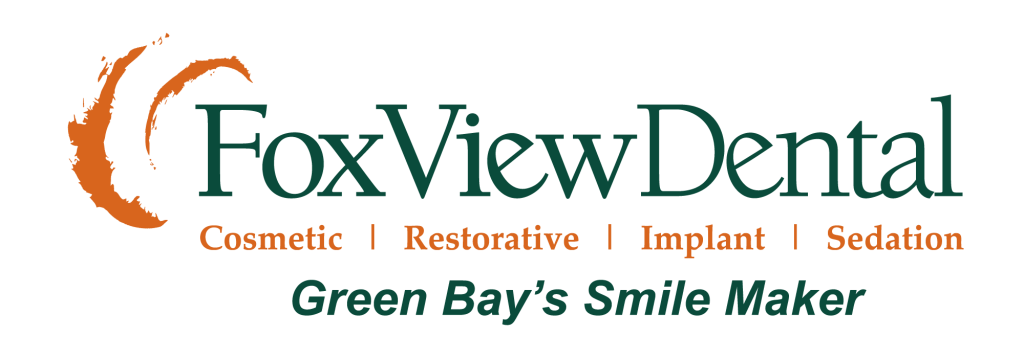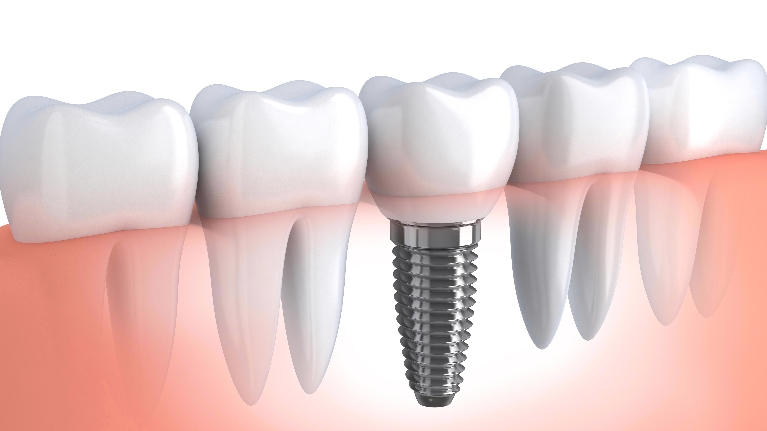Common Risks Associated with Dental Implants
While dental implants are generally safe and effective, as with any surgical procedure, there are some risks to consider:
Infection
One of the primary concerns following dental implant surgery is the risk of infection. This can occur at the implant site, in the surrounding gum tissue, or in the supporting bone. Symptoms of infection may include:
- Persistent pain
- Swelling
- Redness
- Discharge of pus
If you notice any of these signs, it’s essential to contact our Green Bay dental office immediately. Prompt treatment can prevent the infection from spreading and threatening the success of your implant.
Implant Failure
Dental implant failure, while rare, can occur due to various factors:
- Improper placement
- Poor oral hygiene
- Insufficient bone density
- Smoking
- Certain medical conditions
Early signs of implant failure may include looseness, pain, or discomfort around the implant site. Regular dental check-ups with Dr. Yenchesky can help detect and address potential issues before they lead to implant failure.
Nerve or Tissue Damage
In some cases, the placement of dental implants can result in nerve or tissue damage. This may cause:
- Pain or discomfort
- Numbness in the lips, tongue, or chin
- Tingling sensations
Our experienced Green Bay dentist, Dr. Chad Yenchesky, uses advanced imaging techniques to minimize the risk of nerve damage during implant placement.
Sinus Problems
For implants placed in the upper jaw, there’s a small risk of the implant protruding into the sinus cavity. This can lead to sinus infections or sinusitis. At Fox View Dental, we carefully assess bone density and sinus position before proceeding with implant surgery to minimize this risk.
Allergic Reactions
Although rare, some individuals may experience an allergic reaction to the materials used in dental implants, typically titanium or other metals. Symptoms can range from mild itching to more severe reactions. We thoroughly review your medical history to identify any potential allergies before recommending implant treatment.




